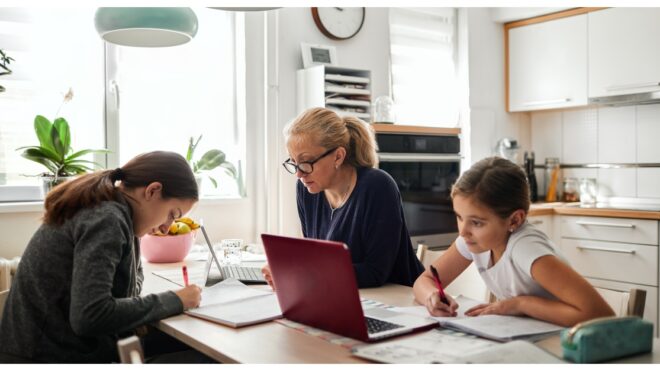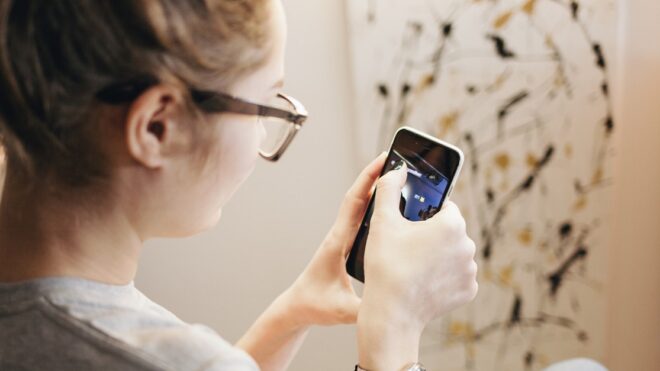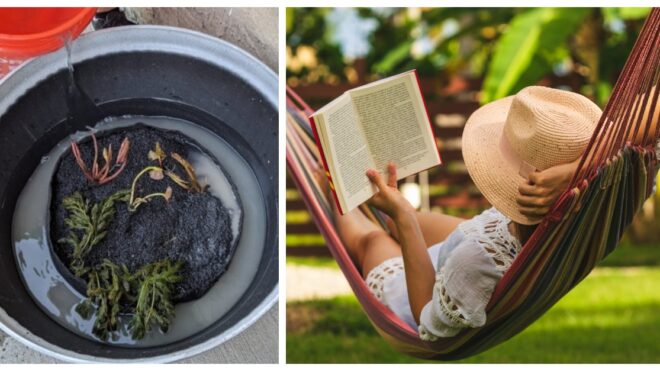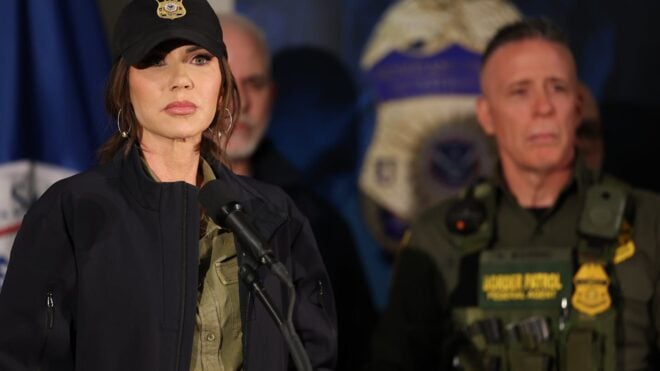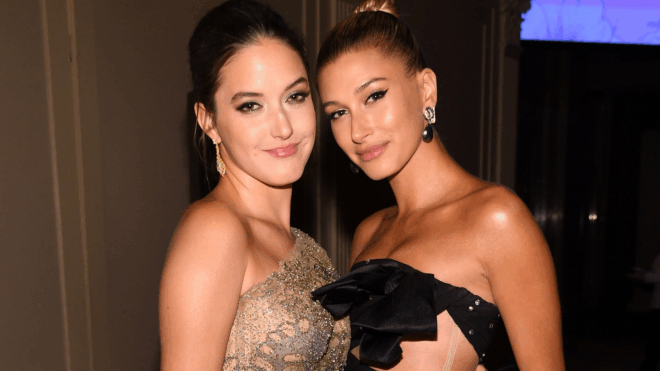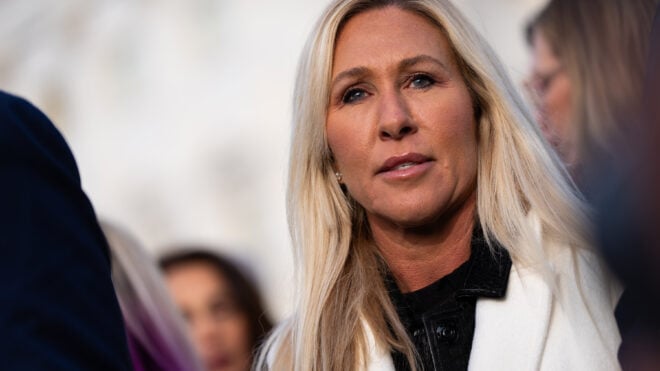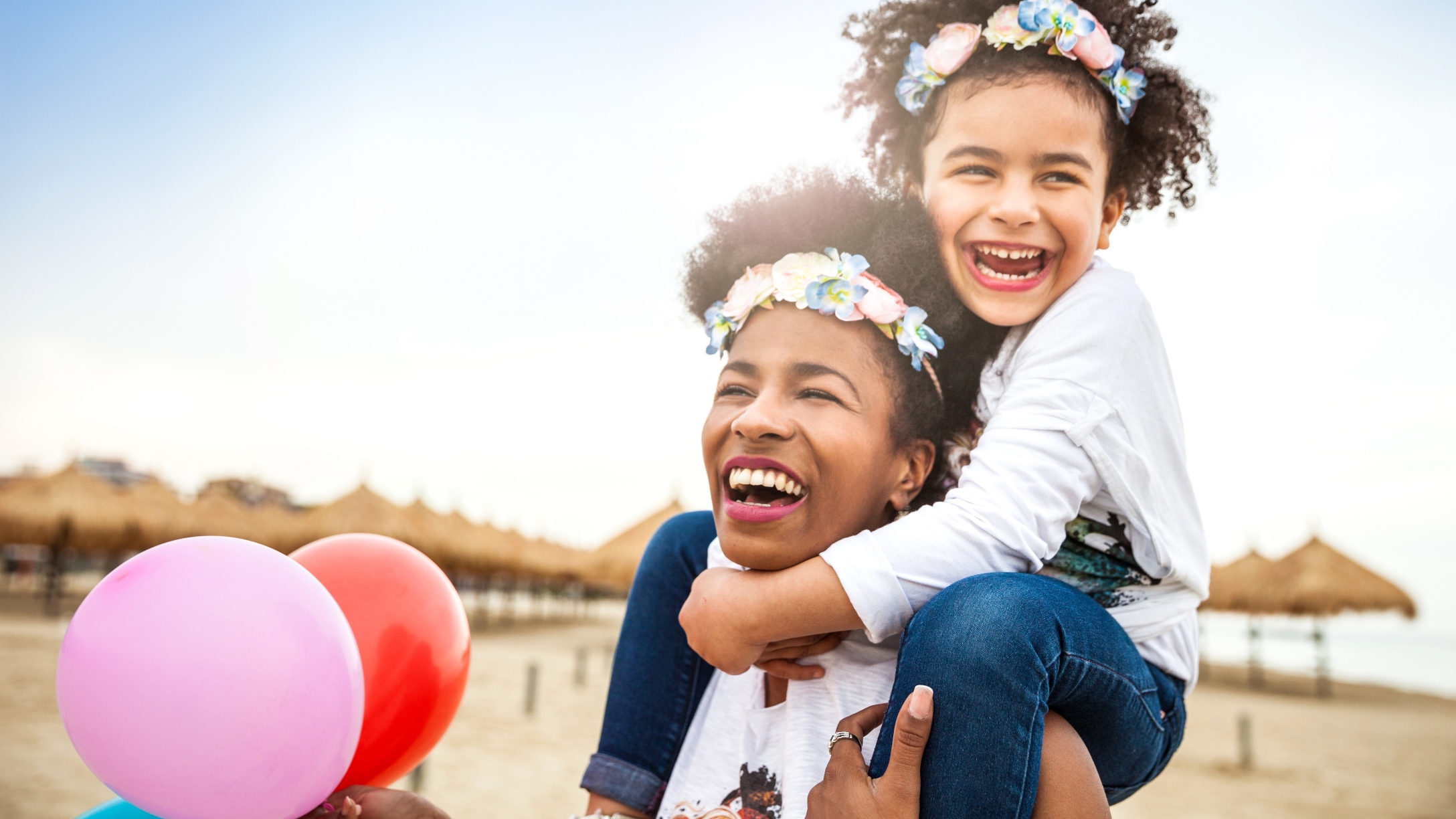
It's a strange feeling to walk by a grocery store and see a sign that says "masks optional," or "masks strongly encouraged." While I plan on wearing a mask for some time (since not getting a cold for a year has been pretty darn beneficial), it's intriguing to witness such wordage. For quite a large part of 2020, I literally never thought we'd see this day.
In fact, I remember how I felt just a month in. My husband and I were doing our best to sanitize everything, and I had a lingering sense of fear about the world in general. I didn't know when I'd see my dad, and I missed him terribly. The month itself felt like a year. When so much about your everyday life changes at the drop of a hat, every day seemed like a struggle. Even when things were going well, there was still that sense of dread that made me feel as if this was our new normal.
That said, it did come with some perks. Whenever I take a Myers-Briggs personality test, I switch between introvert and extrovert. I'm an introvert in that making plans gives me added anxiety. But once those plans are in full swing, I'm fully energized by the company of others. I feel better, like I'm in my element. Having zero planning happen for a year was kind of refreshing. It was just one element of my life I could put on hold while I figured the rest out.
But now, invites are pouring in.
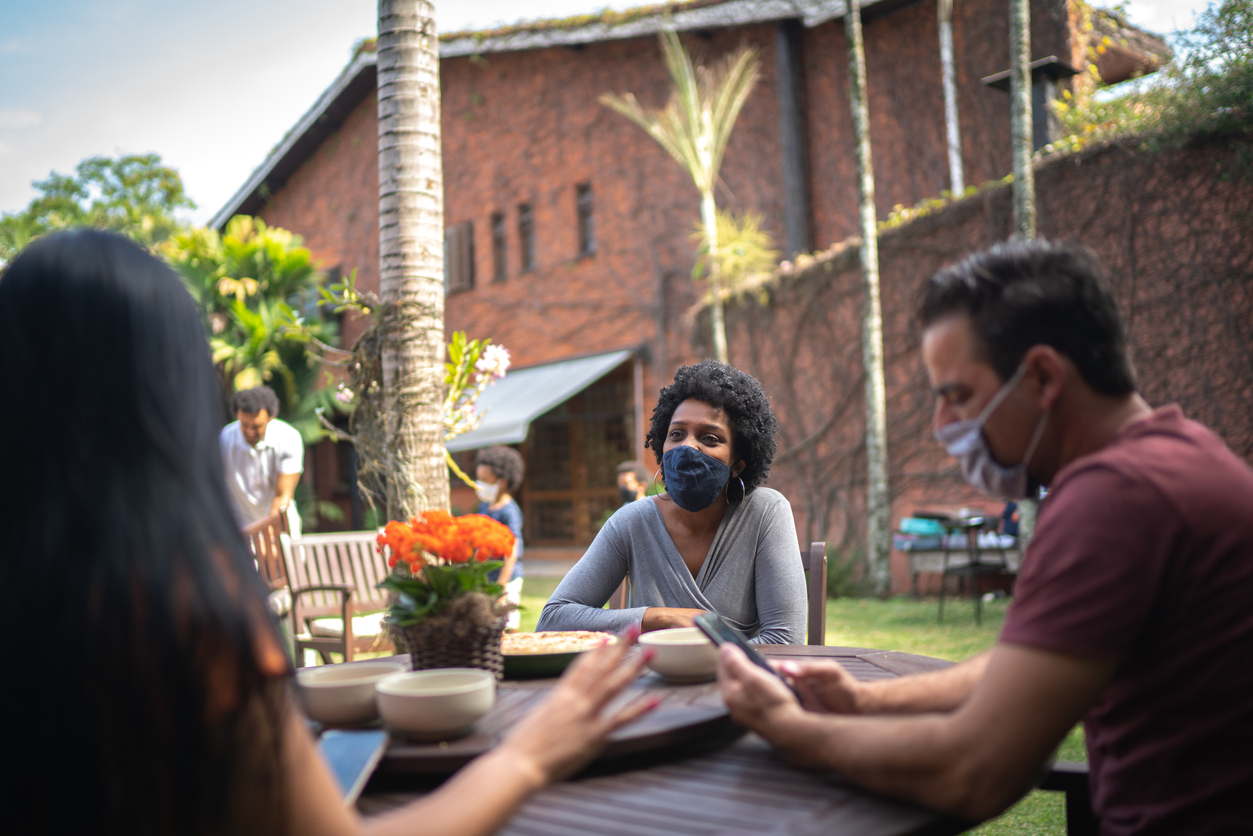
I'm quite lucky for that. One thing I don't have a shortage of is good friends. They all happen to live in different states for the most part, but I'm fairly good at keeping in touch with everyone.
But it's also a strange sensation. Would I like to see everyone? Of course. But I also feel like, in certain ways, I'm a brand-new person from March 2020. The year was a hard one. My dad passed away before I got to see him — and while it wasn't from the virus, the virus made it difficult to see him and help take care of his affairs — and made things a bit more tense with my family.
Then, we moved. My husband and I bought our first house around the same exact time of my dad's passing, which was truly overwhelming for so many different reasons. I had a near-death moment myself in January, after shortness of breath revealed several blood clots in my lungs. So it's been quite an odd, strange journey. When I last saw everyone, everything was different. And they've undergone their own personal changes as well.
I want to see everyone, but I feel the anxiety coming back.
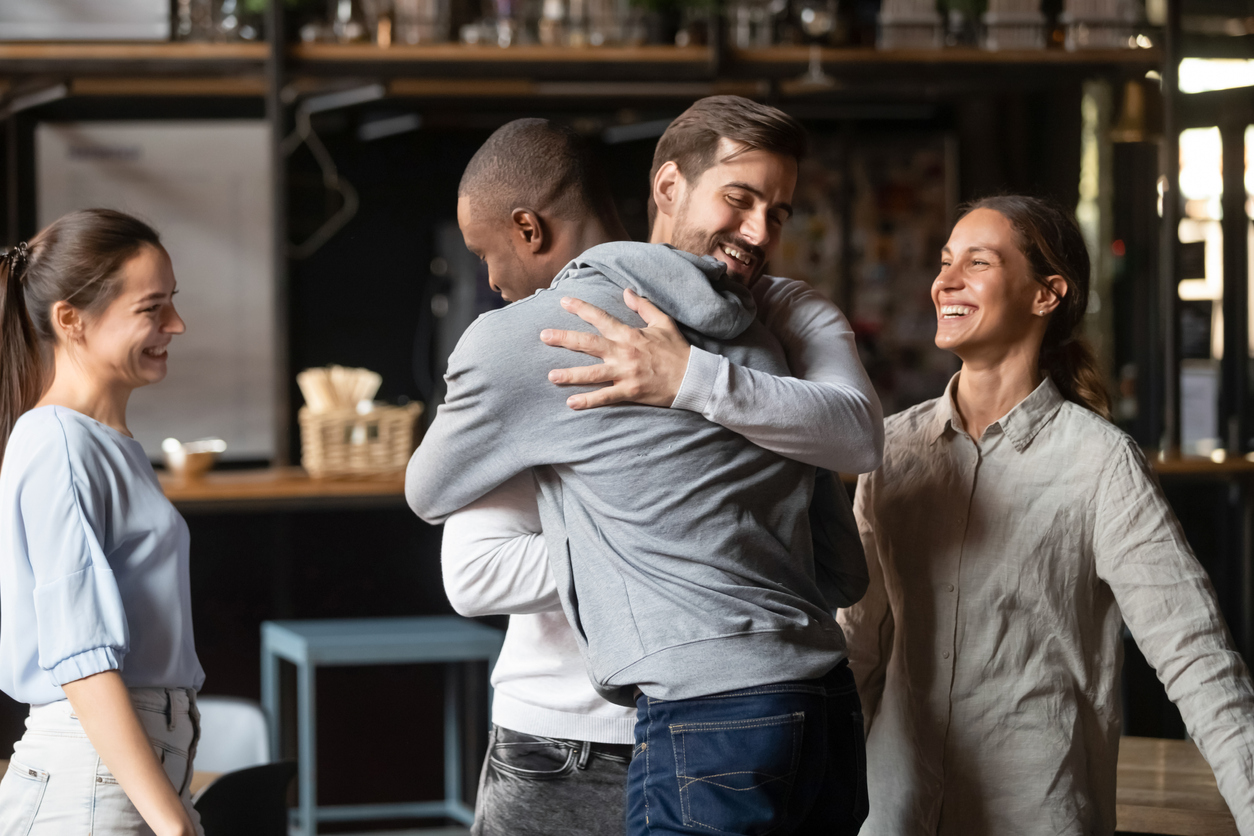
With all of the heavy stuff I've faced, I'm now constantly worried that I'm just a massive bummer. Luckily, being self-aware of it is key. I'm not the only one who's been through plenty of struggles during this time. People have lost their jobs. People have lost their families. Some businesses are closed forever, since the hit on the economy was just too big. Everyone is battling big changes. Many of us even look a little different.
While we've all likely handled those changes pretty well on our own, it's always hard to anticipate the in-person dynamic. Even saying hello has become weird. Do we hug, if we're all vaccinated? Are high fives back on the table? Do we need to discuss these once-normal protocols before we arrive at their house, or do we play it by ear?
That's why I think it's OK to say no.
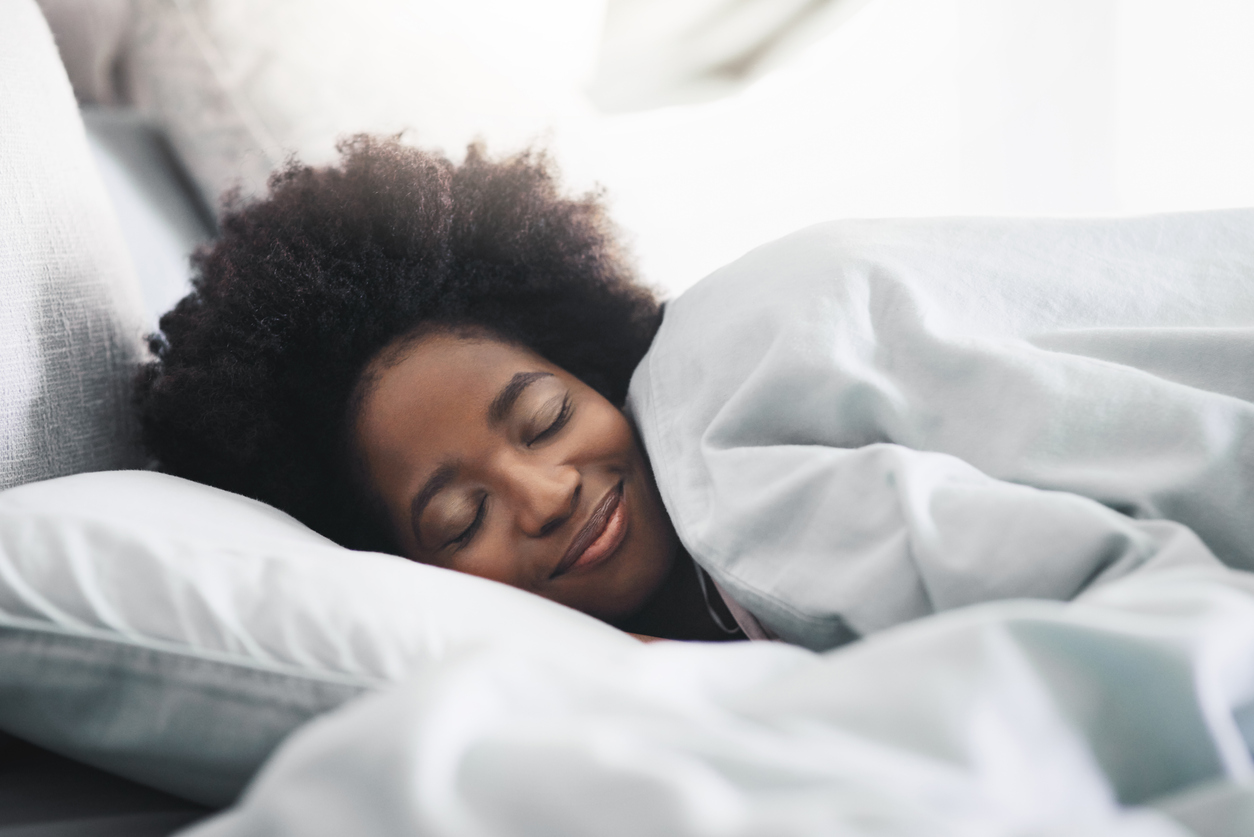
You shouldn't avoid every social gathering, but you have a right to be choosy. And despite a year of staying inside, you still have a right to be tired.
You also have a right to say no to people based on how they've handled the crisis. Reckless or careless friends who felt as if this whole thing was a hoax don't necessarily still need to be in your list of reliable contacts, especially since those are the kinds of people who won't understand all of the personal sacrifices you've had to make this year to keep others safe. It's OK for those relationships to change, or fade away, if you no longer feel happy with them.
There's also a lot of power in saying no, scientifically speaking. "Where negativity is an ongoing attitude, No is a moment of clear choice," writes Psychology Today. "It announces, however indirectly, something affirmative about you."
Saying no can be good for your mental health.
When you're overwhelmed with life, the last thing you need is to be "on" for someone. You also don't want to worry your friends if that worry isn't necessary. For example, if you're feeling depressed, maybe an outing would be beneficial for your mental health. But if you have 15 things happening at work and you haven't slept well for a week, seeing friends might cause more stress than anything else.
Forcing happiness is actually not the best thing to do, either. "Emotions like sadness, guilt, grief and anger are beacons for our values," explained Harvard psychologist Susan David to the Washington Post. "We don't get angry about stuff we don’t care about. We don't feel sad or guilty about stuff we don't care about. If we push these emotions away, we are choosing not to learn about ourselves. We are choosing to ignore our values and what is important to us." Feeling like you need to express positivity for the sake of your friends may lead to more problems down the road.
The problem is, we may feel pressured.
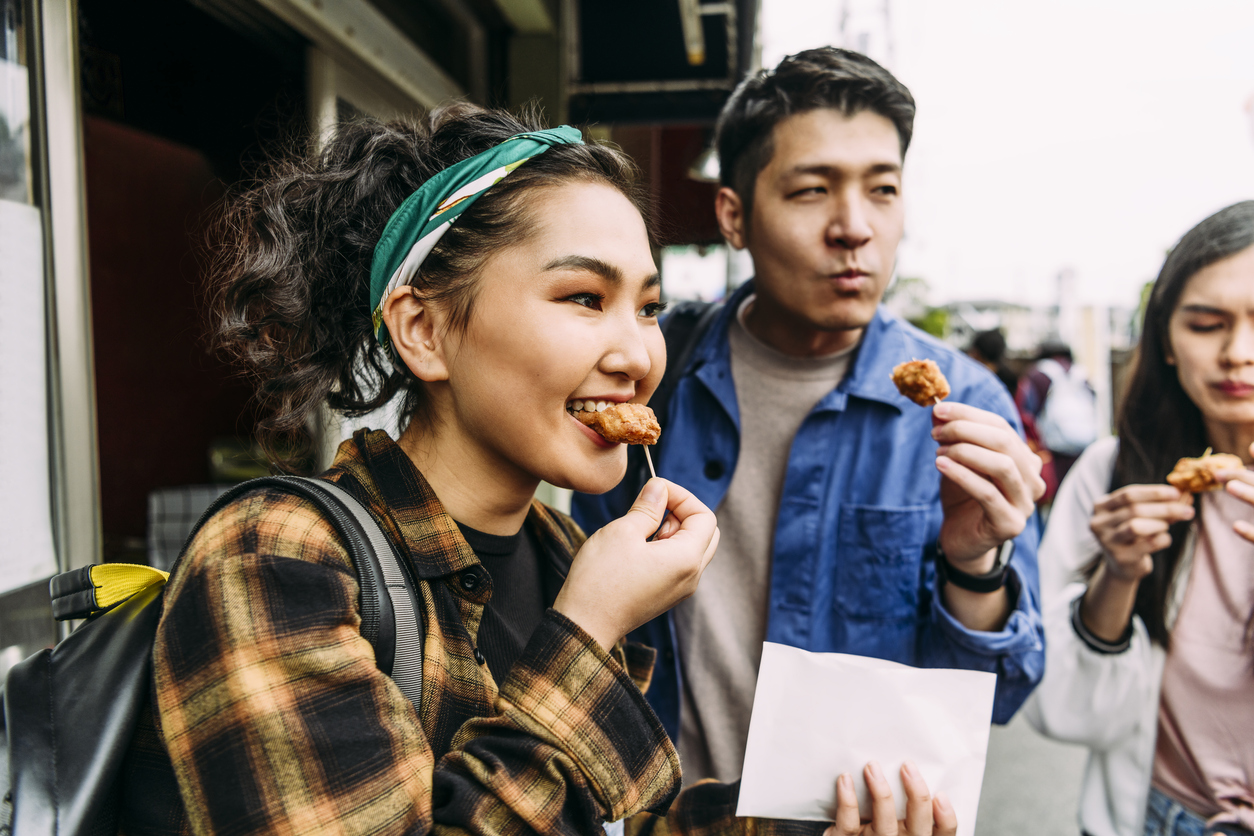
Since you haven't seen people in over a year, you may feel as if you have no excuse but to say yes. That might lead to burnout.
If we learned anything this year, it's that sometimes it's good to disconnect a little. Sometimes, working from home is easier than being in an office and dealing with a long commute. Often, watching a movie in bed is just nicer and less expensive than hitting up a bar. So we shouldn't forget those positive feelings just because our old options are once available to us once again.
Your good friends will understand if you need to sit this one out. Nobody should ever be pressuring you to do something you're just not comfortable with. Just try your hardest to stay connected in other ways, as you have been throughout 2020.
As in all other situations, no should mean no.
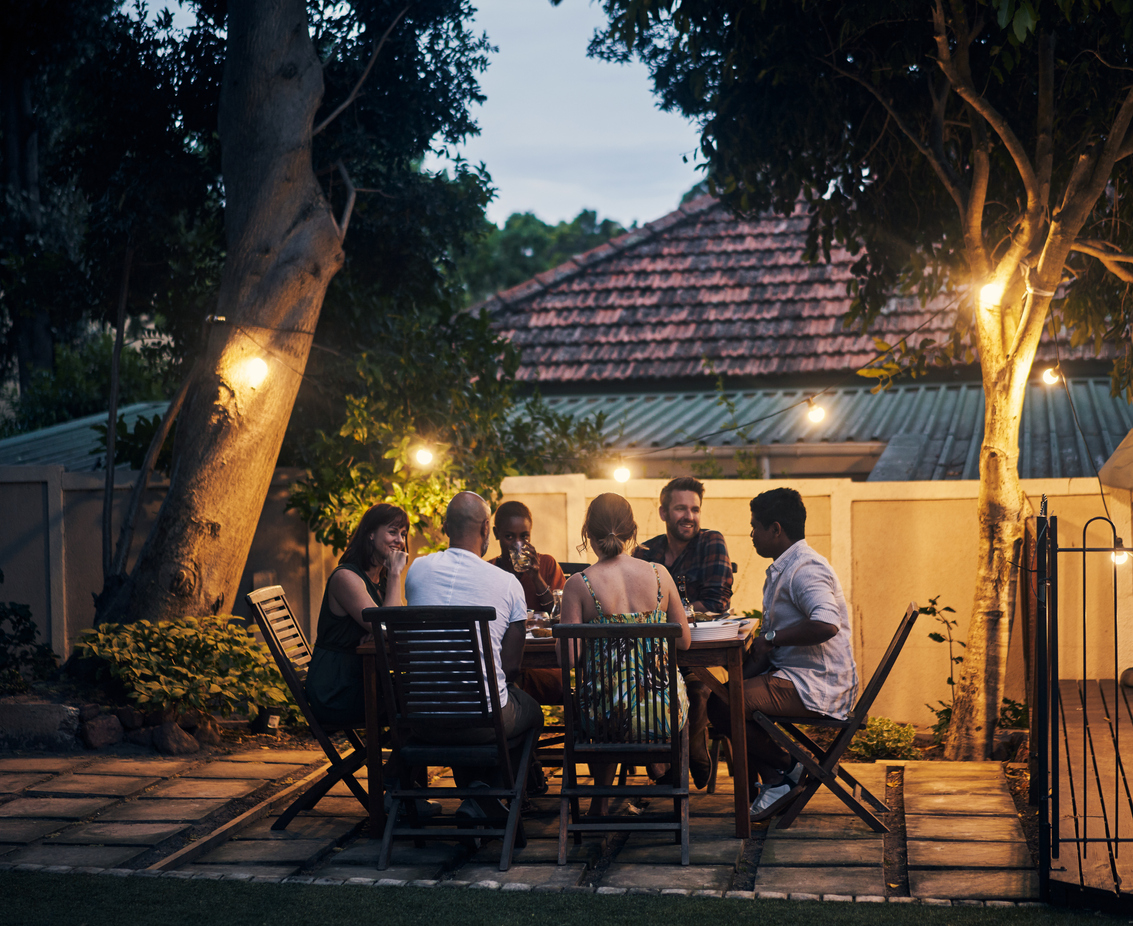
And while a polite excuse may be nice, it isn't necessary. If friends want to go out to a place that just reopened but you're still feeling a little skeptical, "no" is enough. "No, but maybe in the future" is also good if you really mean it. Just don't say it if you have no intentions of ever following through.
"No" is a complete sentence as is. If you happen to be the friend who's already planning the summer barbecue, you also shouldn't feel offended if friends opt out. Don't take it personally. Maybe they're going through some things and legitimately don't have the time or mental space to process a gathering.
You might not feel this way forever.
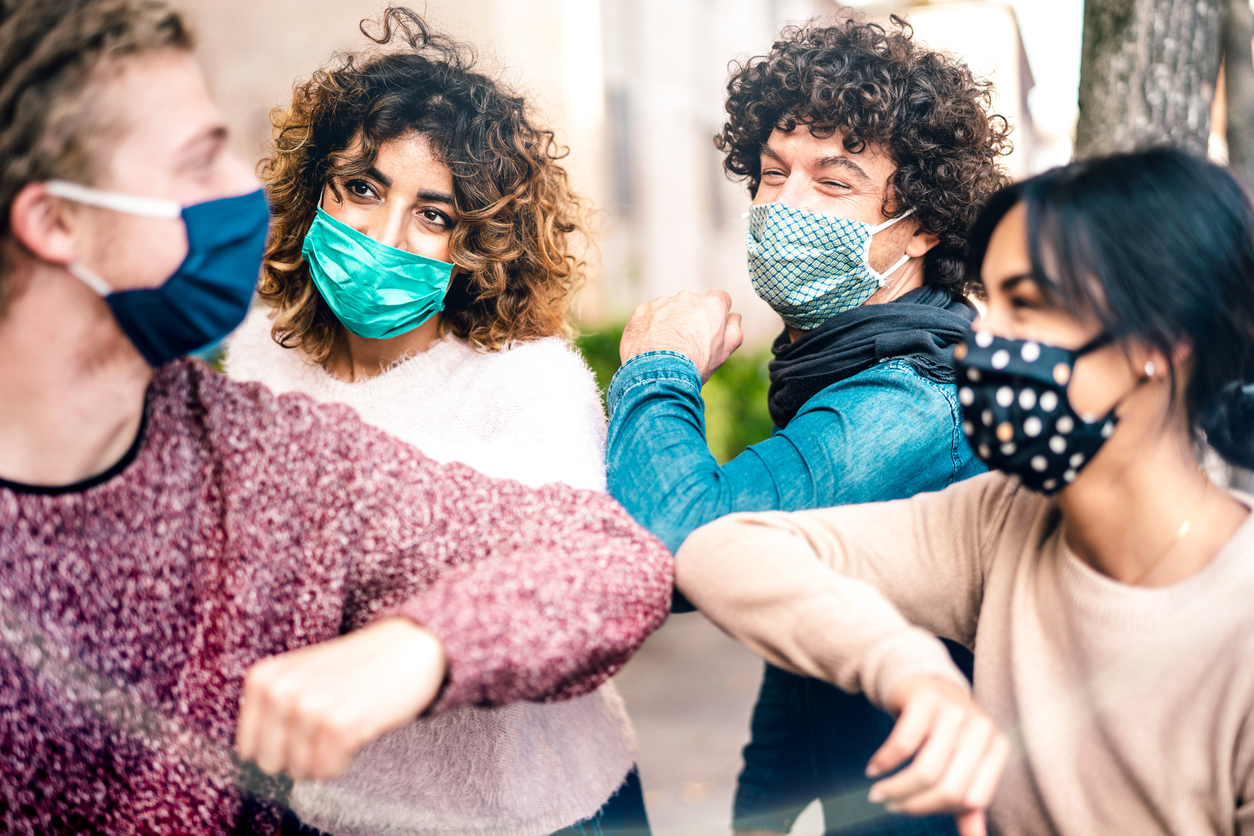
If you're also a little terrified of big group hangouts based on how forbidden they seemed in the recent past, that's also OK. We all went through a crisis that will one day make history books. Not liking the same things or feeling the same level of comfort for them anymore is completely acceptable.
It's also acceptable to have different views. And, for the record, you're not lame or overcautious if you still want to wear your mask around. You never have to get rid of them if you don't personally want to. Rid yourself of the people who have the audacity to ridicule you for making that choice.
Baby steps are best.
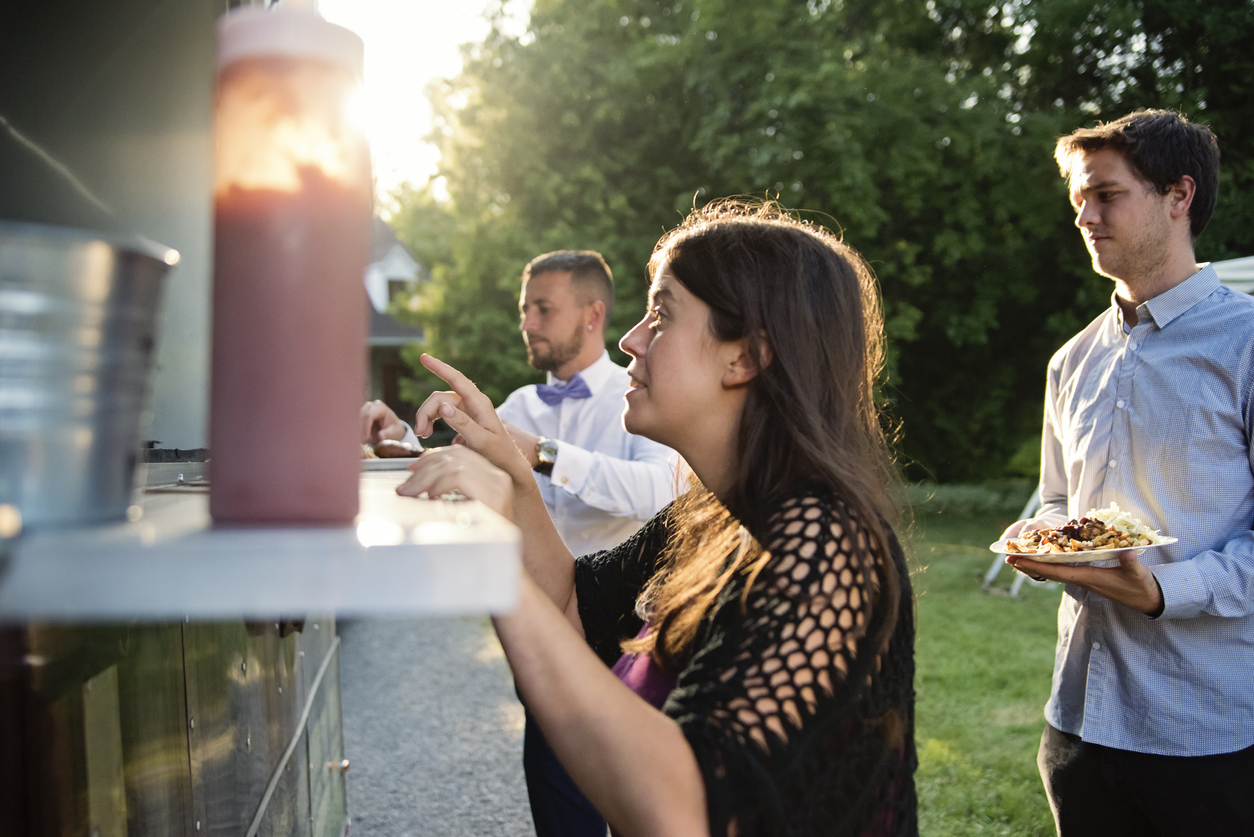
Test the waters. Try meeting a friend for coffee locally and see how it feels. If you feel ready to take your mask off, try it out. If you immediately feel like you're uncomfortable, you can put it right back on.
While the CDC rules have changed and parts of the world are opening back up, that shouldn't make you feel as if it's time to throw out the masks if you don't want to. Who cares what other people think? You survived this time. You changed and you grew. And you shouldn't care what others think about you.
When it comes to safety and mental health, you need to put your best interests first. Just remember your personal manta: "It's OK to say no."

